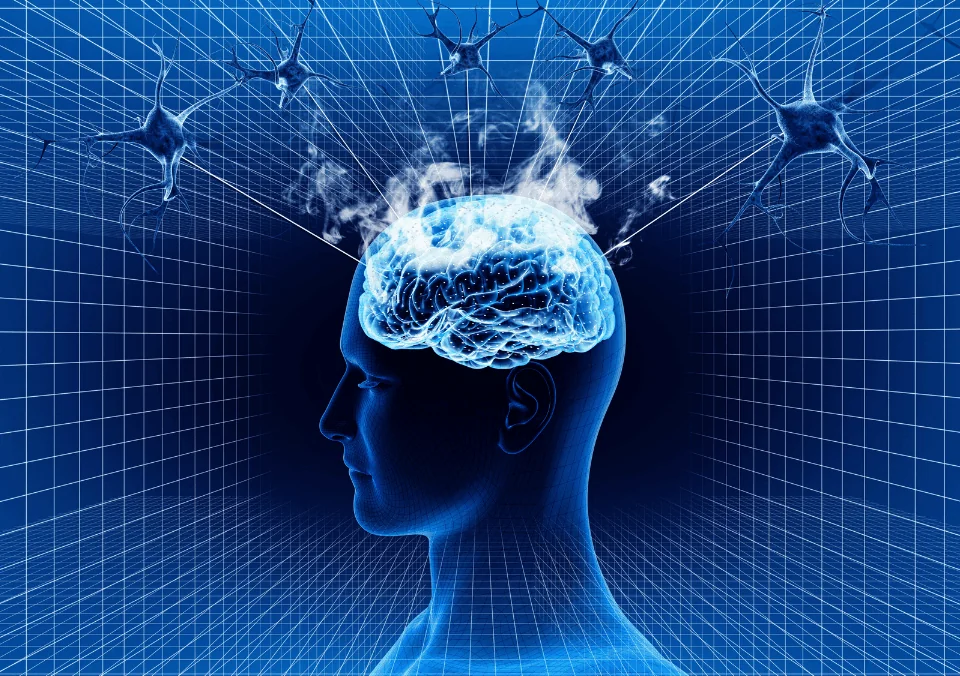Blog
Electrolytes – What They are and Why We Need Them

Gatorade, Propel, Powerade, and Pedialyte are just a few of the many electrolyte supplements and drinks available today. They are designed to help individuals stay hydrated and maintain balanced electrolyte levels, but how often do we pause to consider what electrolytes actually are and the consequences of an imbalance?
Electrolytes are integral to our overall health, playing vital roles in various bodily functions. But first, let’s dive deeper into what electrolytes are, their importance, and how to maintain their balance, especially in demanding conditions like the dry heat of Arizona.
What Are Electrolytes?
According to registered dietitian Helen West, electrolytes are particles that possess either a positive or negative electric charge. In the realm of nutrition, this term refers specifically to essential minerals found in blood, sweat, and urine. When electrolytes dissolve in bodily fluids, they carry an electric charge, facilitating numerous physiological processes. Our bodies utilize several key electrolytes, including:
- Sodium
- Potassium
- Chloride
- Calcium
- Magnesium
- Phosphate
- Bicarbonate
These electrolytes are crucial for supporting various bodily functions, such as:
- Conducting Nerve Impulses: Electrolytes are pivotal in transmitting signals between nerve cells, enabling communication throughout the nervous system.
- Contracting Muscles: Muscle contractions depend on an intricate balance of electrolytes. For instance, calcium plays a vital role in muscle contraction, while potassium and sodium are crucial for maintaining the electrical excitability of muscle fibers.
- Hydrating the Body: Electrolytes help regulate the osmotic balance within cells, which is essential for maintaining hydration levels. A proper balance ensures that fluids move in and out of cells effectively.
- Regulating pH Levels: Maintaining the body’s acid-base balance is critical for overall health. Electrolytes such as bicarbonate help regulate pH levels, keeping the blood slightly alkaline.
The Importance of Electrolyte Balance
For optimal bodily function, it’s essential to maintain a balance of electrolytes. However, factors like dehydration, certain medical conditions, or even lifestyle choices can lead to imbalances. This can be particularly concerning during the hot, dry summers in areas like Arizona, where excessive sweating is common.
Causes of Electrolyte Imbalances
Electrolyte imbalances can originate from a variety of sources, including:
- Dehydration: When the body loses more fluids than it takes in, it can lead to reduced electrolyte levels.
- Kidney Disease: The kidneys play a crucial role in maintaining electrolyte balance. Conditions affecting the kidneys can disrupt this balance.
- Excessive Sweating: Engaging in intense physical activity, especially in hot climates, can lead to significant fluid and electrolyte loss.
- Severe Burns: Injuries that result in loss of skin can disrupt the body’s ability to regulate fluids and electrolytes properly.

Symptoms of Electrolyte Imbalance
Recognizing the signs of an electrolyte imbalance is crucial for timely intervention. Some common symptoms include:
- Fatigue: A lack of energy or motivation can be a sign of imbalanced electrolytes, affecting both physical and mental performance.
- Fast or Irregular Heartbeat: Electrolytes play a role in heart functionality. An imbalance can lead to arrhythmias or other cardiac issues.
- Numbness and Tingling: This sensation often occurs in the extremities when potassium or calcium levels are out of balance.
- Confusion: Cognitive disturbances may arise as a result of significant electrolyte imbalances.
- Muscle Weakness and Cramping: Low levels of potassium, calcium, or magnesium can cause muscle cramps or weakness.
- Headaches: Dehydration and imbalances can lead to headaches or migraines.
- Convulsions: In severe cases, imbalances can result in seizures, which is a medical emergency.
Maintaining Electrolyte Balance
To avoid or recover from an electrolyte imbalance, replenishing lost electrolytes is vital. Diet plays a crucial role in achieving balanced electrolyte levels. Foods rich in electrolytes include:
- Fruits and Vegetables: Items like bananas, oranges, spinach, and avocados are excellent sources of potassium and magnesium.
- Dairy Products: Milk and yogurt provide calcium and potassium, essential for muscle function and hydration.
- Seeds and Nuts: Almonds and pumpkin seeds offer magnesium and other vital minerals.
- Table Salt: Sodium is important, but it’s crucial to consume it in moderation.
While there are various electrolyte supplements and drinks available, they are usually only necessary in specific circumstances—like during extended physical exertion, after illness, or in cases of heat stress. For most people, focusing on a nutrient-dense diet is sufficient for maintaining electrolyte balance.
Hydration in Arizona’s Climate
Living in a place like Arizona, where the climate can be quite unforgiving, it’s essential to be proactive about hydration. The dry heat can lead to excessive sweating, resulting in fluid and electrolyte loss. Here are some strategies to stay hydrated and maintain electrolyte levels:
- Drink Plenty of Water: It’s a basic yet effective strategy. Aim to drink water throughout the day, especially before, during, and after exercising.
- Incorporate Electrolyte-Rich Foods: As mentioned earlier, integrating fruits, vegetables, dairy, and nuts into your daily meals can help restore lost electrolytes.
- Limit Diuretics: Caffeine and alcohol can increase urine production, leading to further fluid loss. Moderate your intake of these beverages to maintain hydration.
- Monitor Physical Activity: When exercising outside in extreme heat, take frequent breaks and hydrate often. Sports drinks may be beneficial if you are engaging in extended, intense physiologic activities.
- Recognize Early Signs of Dehydration: Being aware of symptoms such as thirst, dry mouth, fatigue, and dark-colored urine can prompt you to hydrate sooner rather than later.
When to Seek Medical Attention
While it’s generally possible to maintain electrolyte balance through proper hydration and diet, certain situations warrant seeking medical attention. If you experience:
- Severe fatigue that does not improve with rest
- Persistent irregular heartbeat or palpitations
- Severe cramping or muscle weakness
- Confusion or cognitive issues that do not resolve
- Seizures or convulsions
It’s important to consult with a healthcare professional as these may indicate a significant electrolyte imbalance that requires medical intervention.
Final Thoughts
In conclusion, maintaining a balance of electrolytes is vital for overall health and bodily function, especially in hotter climates like Arizona. While supplements are available, a protein-rich diet rich in fruits, vegetables, and dairy products can often effectively maintain balance.
By understanding the role of electrolytes and being proactive about hydration and nutrient intake, individuals can help ensure they remain healthy and energized. As the Arizona heat approaches, let’s commit to staying hydrated and maintaining our electrolyte levels for optimal health and vitality. Remember, our bodies rely on these essential minerals to function correctly, so taking care of them is imperative for our wellbeing.
For more articles about healthy diets and hydration tips, check out the Fill Your Plate blog!
By Heide Kennedy, Arizona Farm Bureau Communications Intern


















